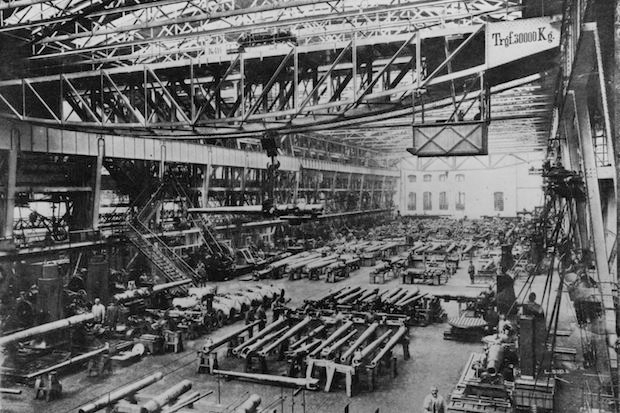From The Spectator, 26 September 1914:
On Thursday the Press Bureau issued a very striking descriptive account of the situation at the front, written by “an eyewitness present with General Headquarters.” It supplements the spirited narrative issued in the earlier part of the week, and shows that under pressure the War Office has discovered a very efficient military journalist among its combatant officers. “Todgers’s can do it when it likes.” It states that we are face to face with siege warfare, and that the Germans are in effect employing material which they had collected for the siege of Paris. The official war correspondent summarizes operations from September 18th to 20th by borrowing from the statement of a neighbouring French commander to his corps. “Having repulsed repeated and violent counter-attacks made by the enemy . . . we have the feeling that we have been victorious.”
We are next told how our wet and muddied heroes in the trenches, though very tired, are always ready and eager for a “scrap.” Indeed, “the sight of the Pichelhauben coming up has been a positive relief after the long trying hours of inaction under shell fire.” The Germans apparently relied upon shattering our nerves with their very heavy guns and high explosives. In this they have failed, but the experiment has been costly. A German prisoner, indeed, described the authorities as being greatly disappointed by the moral effect produced by their heavy guns. “It has not been at all commensurate with the colossal expenditure of ammunition, which has really been wasted.” The official war correspondent does not even neglect the artifice of comic relief. He tells us that the German howitzer shells are eight to nine inches in calibre and on impact send up columns of greasy black smoke. On account of this they are irreverently nicknamed “coal-boxes,” “Black Merles,” or “Jack Johnson ” by our soldiers. “Men who take things in this spirit are, it seems, likely to throw out the calculations based on loss of moral so carefully framed by the German military philosophers.”





Comments